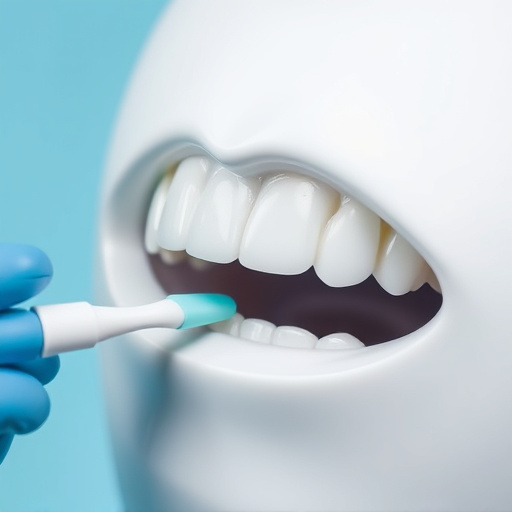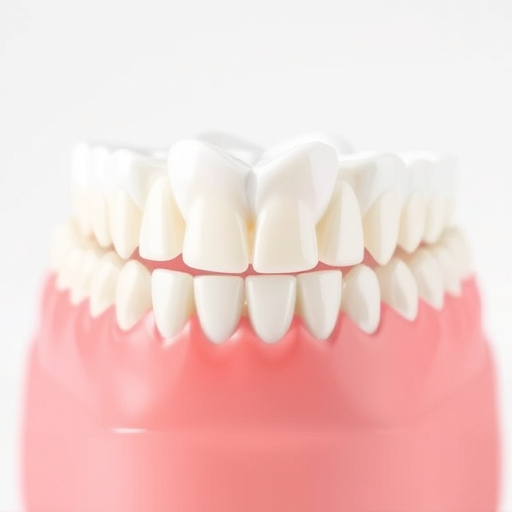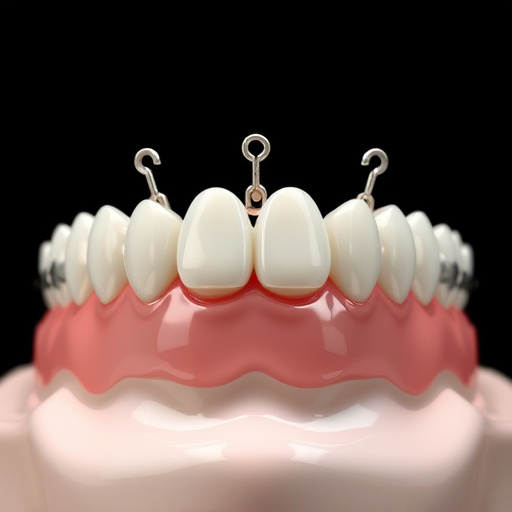Oral surgery procedures include advanced treatments like crown placement, extractions, and implant surgeries for damaged or missing teeth. Implants offer a lasting solution with integrated titanium posts, enhancing appearance and function. Oral cancer treatment involves surgical excision, followed by radiation or chemotherapy, requiring expert guidance from qualified oral surgeons for personalized care.
“Uncover a world of oral health transformations through understanding various surgical options. From common procedures that restore your bite and smile to groundbreaking treatments for oral cancer, this guide lights the way.
Learn how dental implants act as strong, natural-feeling tooth replacements, enhancing both form and function. Explore diverse cancer treatment paths, offering hope and effective solutions.
Dive into these insights to empower informed decisions about your oral health journey.”
- Common Oral Surgery Procedures Explained
- Dental Implants: Restoring Smile Confidence
- Navigating Oral Cancer Treatments Options
Common Oral Surgery Procedures Explained

Oral surgery procedures are a common part of dental care that go beyond routine general dentistry and dental cleanings. These advanced treatments address a range of issues, from correcting misalignments to repairing damaged or diseased oral structures. One of the most well-known oral surgery procedures is the placement of dental crowns, which involve capping a damaged tooth with a protective layer to restore its function and appearance.
Other common oral surgery procedures include extractions, where teeth are removed due to severe damage or crowding, and implant surgeries, which replace missing teeth with artificial roots fused to the jawbone. Additionally, surgeons may perform procedures to correct birth defects, treat oral cancer, or address complex issues like jaw misalignment (dysjawia). These surgeries require specialized skills and equipment, often involving intricate techniques to ensure patient comfort and optimal outcomes.
Dental Implants: Restoring Smile Confidence

Dental implants represent a significant advancement in oral surgery procedures, offering a long-term solution for missing teeth that mimics the appearance and functionality of natural ones. This procedure involves surgically placing a titanium post into the jawbone, which serves as an artificial root. After healing, a custom-made dental crown is attached to the implant, providing a permanent and aesthetically pleasing replacement for lost teeth. Implants not only enhance smile aesthetics but also preserve bone structure, preventing the natural recession that often occurs with tooth loss.
Compared to traditional tooth repair methods like bridges or dental fillings, implants offer several advantages. They are more comfortable, durable, and require less maintenance. Additionally, clear aligners, a popular alternative for orthodontic treatment, can be combined with implants for a comprehensive solution addressing both tooth placement and alignment. This versatile approach ensures patients regain their confidence in smiling, chewing, and speaking freely, enhancing overall oral health and well-being.
Navigating Oral Cancer Treatments Options

Oral cancer is a serious condition that requires careful consideration when it comes to treatment options. Navigating this process involves understanding various procedures designed to address the specific needs of each patient. The most common approaches include surgical excision, where affected tissue is removed, often followed by radiation therapy or chemotherapy to eradicate any remaining cancer cells. This comprehensive approach aims to minimize the risk of recurrence and preserve oral health.
When considering oral cancer treatments, it’s crucial to consult with a qualified oral surgeon who can provide expert guidance. They will assess the extent of the cancer, discuss potential side effects, and recommend suitable procedures such as tooth repair or dental fillings, if necessary, as part of the treatment plan. This personalized approach ensures that patients receive the best care possible, tailored to their unique situation, complementing general dentistry practices for a holistic oral health experience.
Understanding different types of oral surgery procedures is essential for anyone considering improving their dental health and restoring confidence. From common procedures like extractions and wisdom teeth removal, to more specialized treatments like dental implants and navigating oral cancer, each option offers a unique path towards optimal oral care. By staying informed, individuals can make informed decisions about their dental well-being, ultimately enhancing their quality of life.














